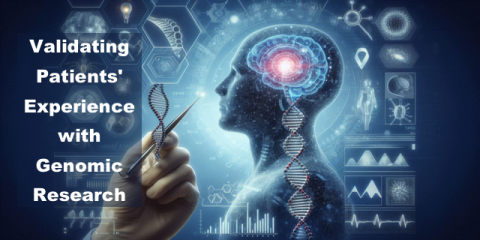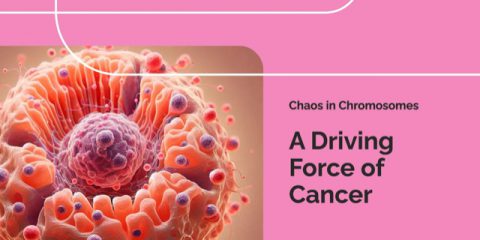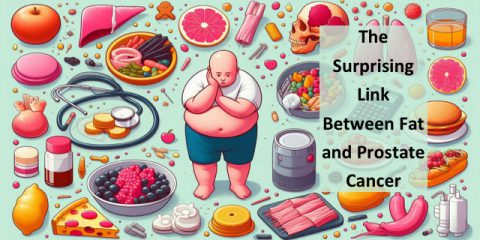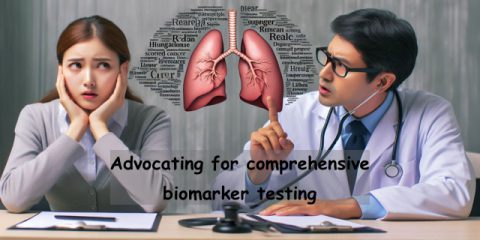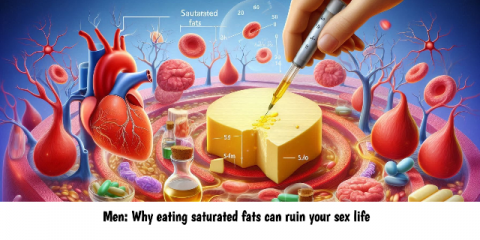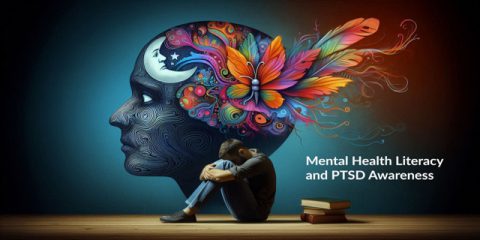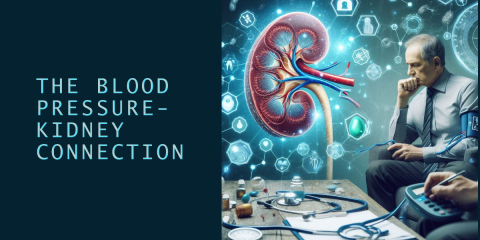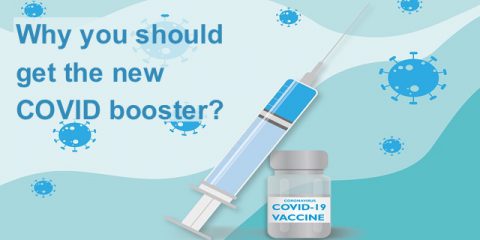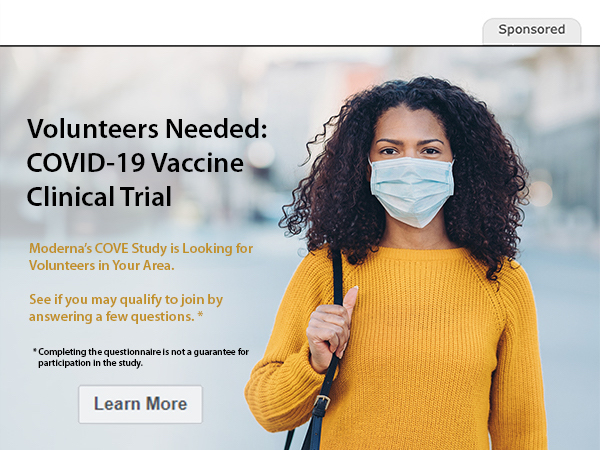There are people whose illnesses and symptoms have not been believed by medicine. Research has begun to change their experiences. From the Cleveland Clinic:https://my.clevelandclinic.org/-/scassets/images/org/health/articles/mast-cell-activation-syndrome Newly recognized disorder Mast Cell Activation Syndrome (MCAS) is a relatively new disorder...
Read MorePeriodontal Disease: Keep your teeth clean for better health
It’s like your dentist always says, brush and floss your teeth! Tooth care is not only about a bright smile and reduced cavities. It is also a way to prevent several chronic diseases, including periodontal disease (PD). Research has found associations between periodontal disease and several chronic illnesses. So what is periodontal...
Read MoreChaos in Chromosomes: Glioblastoma, and Finding Therapeutic Targets
As she sat on the paper-lined treatment table, surgery staples in a bag beside her, Caroline Wright learned her brain tumor was the deadliest type — a glioblastoma (GBM). [1] The average length of survival for this tumor is 8 months. [2] At the breakfast table one day, Henry, age 5, asked his mom, “Who will take care of me if you die?” image from...
Read MoreCan You Retrain Your Brain to Reduce Pain?
Pain has been defined by the International Association for the Study of Pain (IASP) as, “An unpleasant sensory and emotional experience associated with, or resembling that associated with, actual or potential tissue damage.” [1] There is a long added note to this definition which acknowledges that “Pain is always subjective” and “that if...
Read MoreThe Surprising Link Between Fat and Prostate Cancer
Is there a link between fat and prostate cancer? A study published in April 2024 looked at 16,960 healthy men over a 22 year period (1994-2016). The research tracked their body mass index (BMI) and their health status. Over those 22 years, the men who were obese at the beginning of the study, and who then gained more weight over those years, were at...
Read MoreBenefits of Comprehensive Biomarker Testing for Lung Cancer
You’ve just had an x-ray and are discussing the results with your doctor. The air in the office fills with complicated words after you hear “lung cancer” from your physician. You don’t hear anything else. Not hearing or understanding anything else is part of the shock and a normal reaction. But when you can think or when you have...
Read MoreIt’s Not “Only” Hair: Scalp Hair Loss
We all have it, covering our bodies — except our palms and the soles of our feet. But scalp hair is part of our body image, a sign of gender, youth and self-identity. Everyone knows about having a bad hair day. Yet, losing hair can negatively impact self-esteem.[1] Still, how much do we know much about it, beyond shampooing, conditioning,...
Read MoreErectile Dysfunction: Saturated Fats Can Ruin Your Sex Life
How can what you eat affect your sex life? It all has to do with your arteries. According to the National Institute of Diabetes and Digestive Kidney Diseases (NIDDK), Erectile Dysfunction is “a condition in which you are unable to get or keep an erection firm enough for satisfactory sexual intercourse.”[1] A key factor in an erection is...
Read MoreMental Health Literacy and PTSD Awareness Saves Lives
When teaching as an assistant professor, I had an experience which I shared in a post in 2012 called Guardian Angels and Mental Health. I’ll tell a bit of the story here. I was teaching an introductory course in persuasion at a nearby university Simultaneously challenging and fun, I spent most of my time keeping my learning curve...
Read MoreKidneys and blood pressure connection
It doesn’t seem possible that high blood pressure numbers can damage kidneys. But the way kidneys work can give you an understanding of the reason. Below is a video explaining the kidneys and blood pressure connection, especially the important filtration parts of the kidneys–nephrons. The kidneys and blood pressure connection...
Read MoreMasculinity and self-care: Prioritizing healthy behaviors
The Cleveland Clinic has surveyed about 1000 US men every year over the last six years. The survey asks about healthy behaviors, or how they take care of themselves. The answers are fairly consistent. In 2019, 72 percent of men surveyed said that they would rather clean the bathroom or mow the lawn than go to the doctor. In that same...
Read MoreCOVID-19 Update: Why the New Booster is Important
Are you up-to-date on what the latest advice is on getting a COVID-19 vaccine or booster? If you’re not, you are not alone. Public awareness of a new booster is “modest,” according to the results of a non-profit organization’s survey called the KFF COVID-19 Vaccine Monitor, published September 30th. Their survey found that fully half of...
Read More
